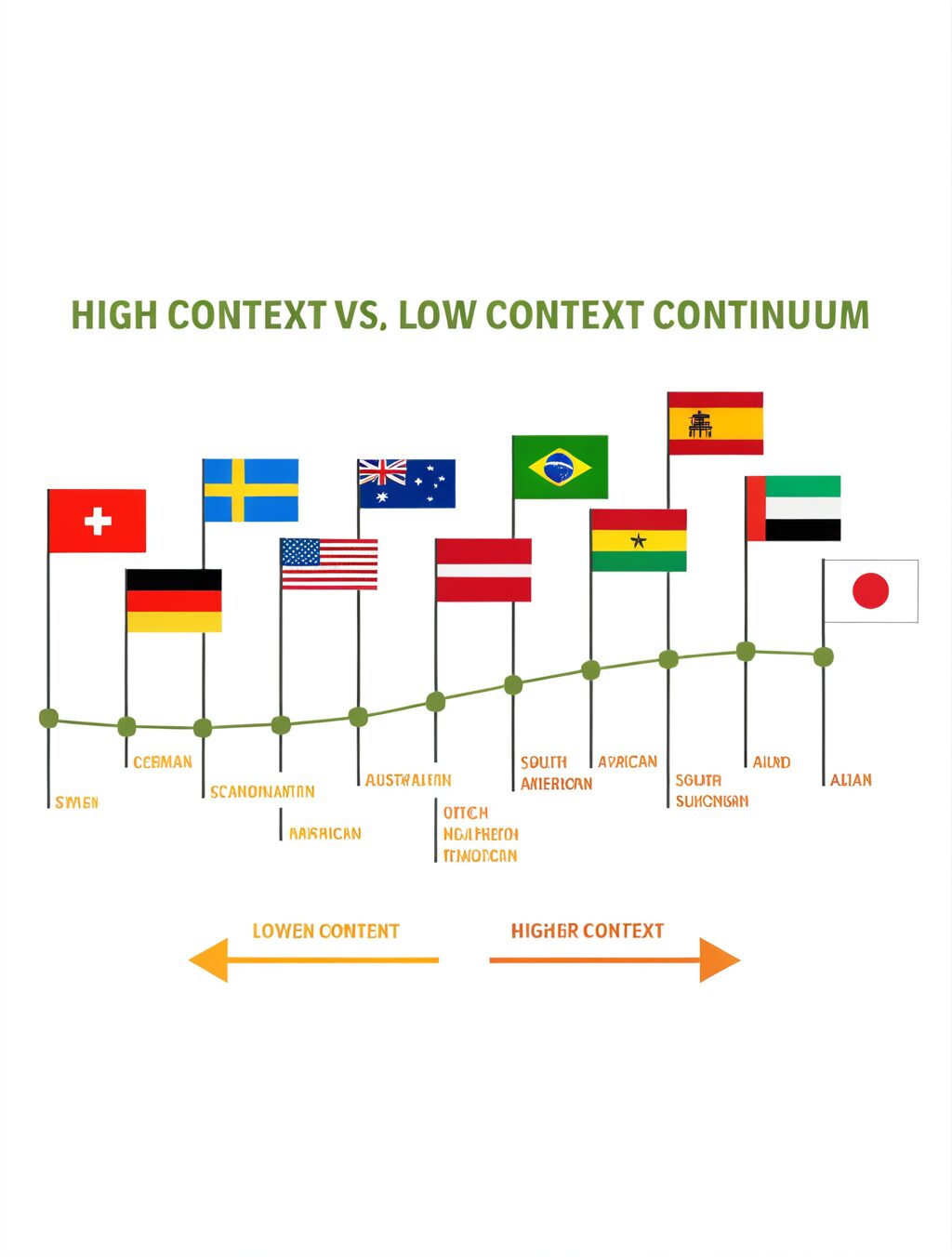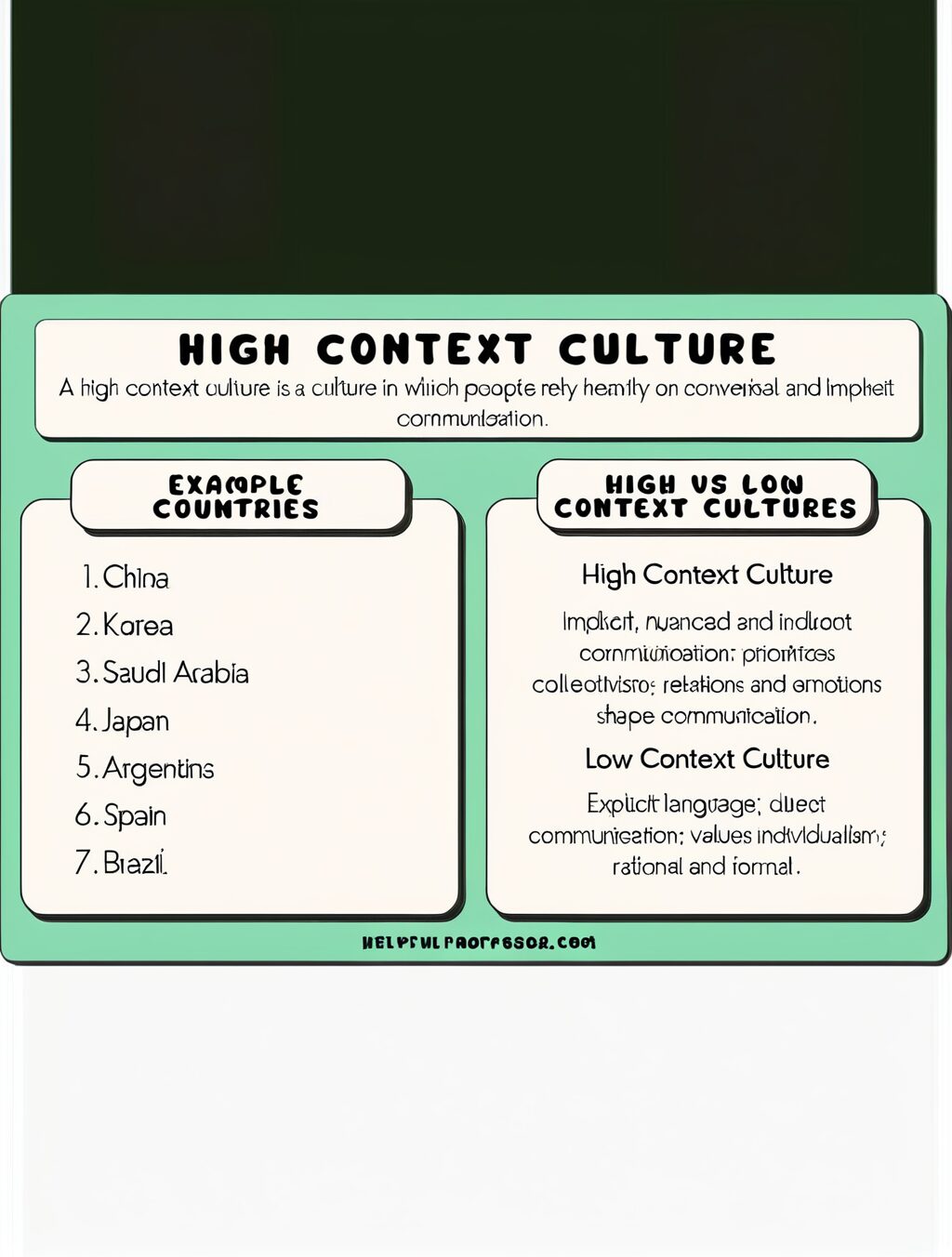High-Context Culture in Japan: The Unspoken Rules of Communication
Win a Free Trip to Japan!
Experience cherry blossoms and ancient temples
In a high-context culture like Japan, communication goes beyond words. It’s a dance of unspoken cues, shared experiences, and an intuitive understanding of social norms. Unlike low-context cultures where words carry the bulk of meaning, Japan’s high-context culture values context and relationships over explicit language.
The challenge for outsiders is adapting to this nuanced system. Here are some key points to keep in mind:
- Nonverbal cues speak volumes: Body language, facial expressions, and intonation convey as much meaning as words.
- Indirect communication is the norm: Japanese tend to avoid direct confrontation and instead use hints and suggestions.
- Context is crucial: The meaning of words and actions depends heavily on the situation and the relationship between the speakers.
For example, in a business meeting, a Japanese colleague may express agreement by saying “I understand” (wakarimashita), but this doesn’t necessarily mean they fully agree. It’s a polite way of acknowledging what’s been said without making a commitment.
Navigating Japan’s high-context culture requires sensitivity, observation, and a willingness to embrace ambiguity. By understanding the unspoken rules, you can bridge cultural gaps and build meaningful connections in this fascinating country.
FAQs:
- What is a high-context culture?
A culture where context, relationships, and nonverbal cues play a significant role in communication. -
Why is Japan considered a high-context culture?
Japanese society emphasizes indirect communication, shared experiences, and an intuitive understanding of social norms. -
What are some challenges of communicating in a high-context culture?
Adapting to nonverbal cues, understanding indirect language, and navigating the importance of context.
Conclusion:
Understanding Japan’s high-context culture is essential for effective communication and building relationships. By embracing the unspoken rules and nuances of communication, you can navigate this fascinating cultural landscape and foster meaningful connections with the Japanese people.
in a high-context culture such as japan communication would not likely be
Japanese Culture: High-Context or Low-Context?
Japanese culture is undoubtedly a high-context culture. This means that communication in Japan relies heavily on unspoken cues, shared experiences, and an intuitive understanding of social norms. Unlike low-context cultures where words carry the bulk of meaning, Japanese high-context culture values context and relationships over explicit language.
Why is Japan a high-context culture?
- Emphasis on harmony and collectivism: Japanese society values group cohesion and avoiding conflict. This leads to a communication style that emphasizes indirectness and politeness.
- Shared experiences and cultural knowledge: Japanese people share a deep understanding of their culture and traditions. This allows them to communicate effectively using subtle cues and unspoken assumptions.
- Importance of nonverbal cues: Body language, facial expressions, and intonation convey as much meaning as words in Japanese communication.
Examples of high-context communication in Japan:
- In a business meeting, a Japanese colleague may express agreement by saying “I understand” (wakarimashita), but this doesn’t necessarily mean they fully agree. It’s a polite way of acknowledging what’s been said without making a commitment.
- When invited to dinner, it’s considered rude to arrive on time. Guests are expected to arrive slightly late to show respect for the host.
Understanding Japan’s high-context culture is crucial for effective communication and building relationships. By embracing the unspoken rules and nuances of communication, you can navigate this fascinating cultural landscape and foster meaningful connections with the Japanese people.

